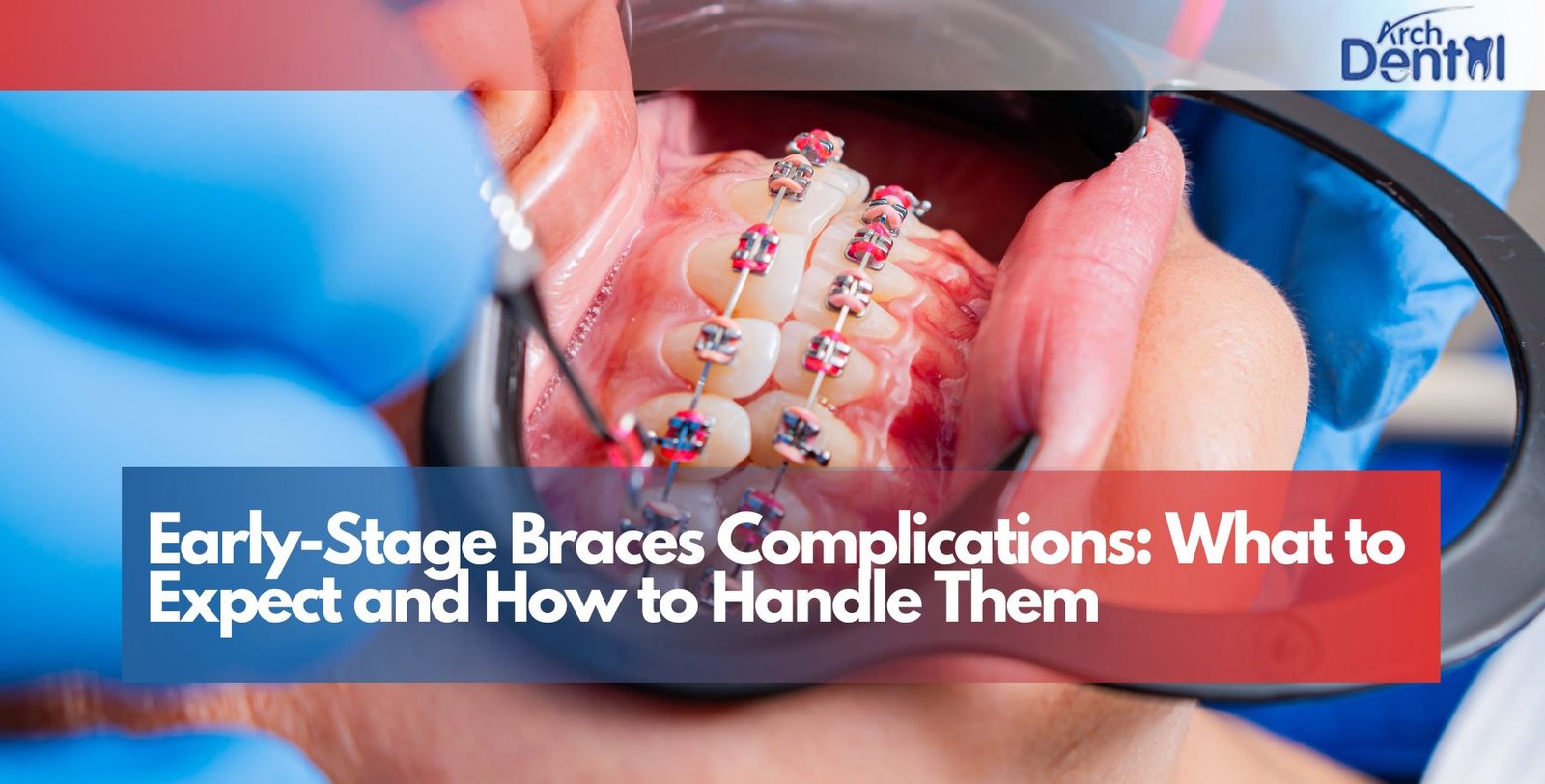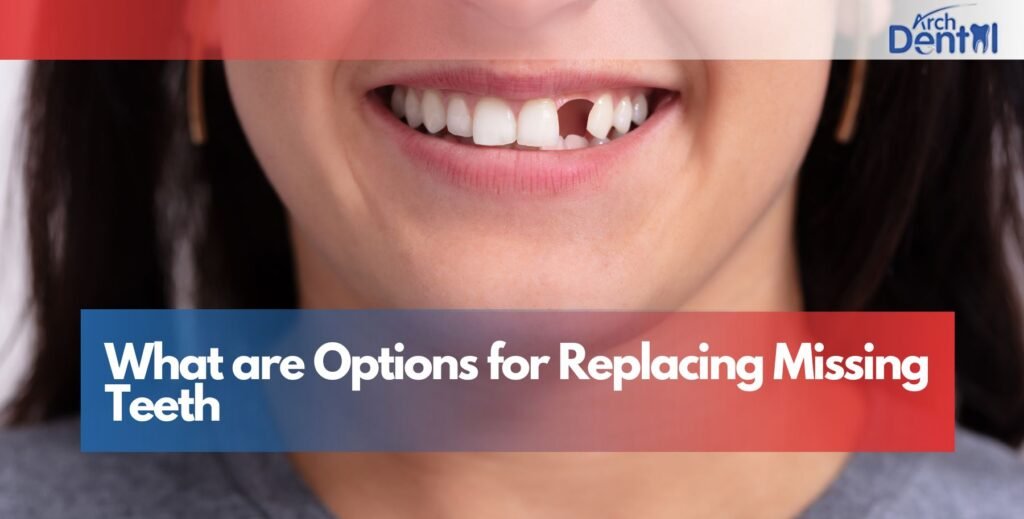Starting orthodontic treatment is exciting, but the first few weeks can feel uncomfortable as your mouth adjusts to new appliances. Early-stage braces complications are common, temporary, and almost always manageable with the right care. Understanding what to expect helps you stay calm, avoid unnecessary worry, and support a smooth orthodontic journey. Whether you’re wearing metal braces, ceramic braces, or clear aligners, the early phase brings several predictable challenges that your orthodontist will help you handle. If you ever feel unsure, you can always reach out to your provider or search for an orthodontist northampton to guide you through the adjustment period.
Below is a complete guide that explains the most common early-braces complications, why they happen, and what you can do to ease discomfort at home.
How Braces Work and Why Early Discomfort Happens
Before exploring the specific complications, it helps to understand why braces cause soreness in the first place.
Braces apply gentle, consistent pressure to shift your teeth into better alignment. This pressure stimulates bone remodeling a natural biological process in which your bone softens and reforms around the moving teeth. Because of this movement, you might experience soreness, sensitivity, or irritation in the beginning.
The Role of Orthodontic Pressure in Early Braces Complications
When pressure is first applied, your ligaments respond with inflammation, which creates tenderness. This is a normal biological reaction.
Why Your Mouth Needs Time to Adjust
The cheeks, lips, and tongue aren’t used to brackets and wires, so irritation is expected until the soft tissues adapt.
Common Early-Stage Braces Complications
The first few weeks are usually the toughest. Below are the most frequent issues patients experience.
Why Soreness Is One of the Most Common Early Braces Complications
Mild pain is the body’s natural response to tooth movement. It usually lasts 2–4 days.
How Cheek and Lip Irritation Contributes to Braces Complications
Brackets and wires can rub against your cheeks or lips, causing tenderness or small sores.
Why Toothaches Happen After Getting Braces
Toothaches are a normal reaction to new orthodontic pressure.
Understanding Tooth Sensitivity in the Early Stages
Teeth may feel tender when biting down because the bone around them is actively shifting.
How Tightening Appointments Affect Tooth Discomfort
Each adjustment increases pressure, which can bring temporary soreness for a day or two.
Why Brackets and Wires Cause Early Discomfort
Sharp edges may poke or scratch the inside of your mouth.
How Loose Brackets Contribute to Braces Complications
If a bracket detaches from the tooth, it can slide along the wire and create irritation.
Why Wire Poking Is a Common Braces Problem
As teeth shift, the wire may extend out of the back bracket, causing gum or cheek irritation.
Why Eating Feels Harder During the First Few Weeks
Your teeth and gums are tender, making chewing difficult.
Foods That Can Trigger Early Braces Complications
Crunchy foods, sticky candy, or tough bread can worsen soreness or damage appliances.
How to Modify Meals During the Adjustment Phase
Soft foods like yogurt, mashed potatoes, scrambled eggs, and pasta help reduce discomfort.
Why Speech Changes Can Happen with Early Braces
Braces may temporarily affect how your tongue moves.
How Braces Impact Tongue Position
Your tongue adjusts to new surfaces, which may cause slight lisping or difficulty pronouncing certain sounds.
When Speech Typically Improves
Most patients return to normal speech patterns within a few days to two weeks.
Tips for Coping with a Toothache at Night
Nighttime discomfort is common because inflammation tends to peak in the evening and distractions are minimal.
How Sleeping Position Affects Nighttime Braces Pain
Lying flat increases blood flow to the head, which heightens pressure and sensitivity.
How Cold Compresses Help Nighttime Toothaches
Cold therapy reduces inflammation and numbs the area temporarily.
How to Manage Early-Stage Braces Complications at Home
Most early discomfort can be managed with simple home remedies.
How Orthodontic Wax Helps Ease Braces Irritation
Soft wax smooths bracket surfaces and prevents rubbing that leads to ulcers.
How Saltwater Rinses Reduce Pain and Swelling
Warm saltwater helps soothe irritation and supports healing of mouth sores.
Why Over-the-Counter Pain Relief Helps
Ibuprofen or acetaminophen eases inflammation and tenderness, especially during the first few days.
When to Call Your Orthodontist for Early Braces Complications
Most issues resolve on their own, but some require a visit.
Signs That a Bracket Problem Needs Professional Help
A completely detached bracket or one hanging from the wire needs fixing.
When Wire Poking Requires Adjustment
If the wire is cutting your cheek and wax doesn’t help, call your orthodontist.
How to Prevent Early-Stage Braces Complications
Prevention plays a key role in avoiding discomfort and damage.
How Good Oral Hygiene Prevents Braces Problems
Plaque buildup increases inflammation and makes braces more painful.
Why Avoiding Forbidden Foods Reduces Complications
Sticky or hard foods can break brackets or bend wires, prolonging treatment.
How Regular Orthodontic Visits Keep Problems Under Control
Scheduled checkups ensure your appliances stay secure and comfortable.
Understanding Gum Sensitivity with Braces
The gums may feel sore or swollen during the initial phase of treatment.
How Braces Cause Gum Pressure
As teeth move, the gums stretch, causing mild inflammation.
How to Soothe Gum Tenderness
A soft-bristle toothbrush and warm rinses can ease discomfort.
How Early Braces Complications Affect Oral Hygiene
Braces make cleaning harder, but proper care prevents major problems.
How Food Trapping Leads to Early Braces Complications
Food can collect around brackets, increasing the risk of decay.
Which Tools Help Improve Oral Hygiene with Braces
Interdental brushes, water flossers, and orthodontic floss threaders improve cleaning.
How Long Early-Stage Braces Complications Typically Last
Good news: the worst discomfort is temporary.
When Pain Usually Improves
Most soreness fades within a week.
When Soft Tissue Irritation Starts to Heal
Cheeks and lips adapt after 5–10 days.
Long-Term Outlook After Early Braces Complications
Once the initial adjustment phase passes, most patients feel comfortable.
How Your Mouth Adapts to Braces Over Time
The soft tissues toughen up and teeth respond predictably to pressure.
Why Later Adjustments Become Easier
Your body becomes familiar with the process, so future tightenings feel less intense.
Conclusion
Early-stage braces complications are normal and manageable. From soreness to cheek irritation to nighttime discomfort, these issues usually fade as your mouth adapts to the new appliances. With good oral hygiene, proper diet choices, and consistent communication with your orthodontist, you can get through the first few weeks smoothly and confidently. Braces are an investment in your long-term dental health, and knowing what to expect helps you stay comfortable while achieving a healthier, straighter smile.
FAQs
Why do braces hurt more at night?
Inflammation increases toward the end of the day, and lying down increases blood flow to the mouth, making teeth more sensitive.
How long do early braces complications last?
Most soreness resolves within one week, though mild irritation can continue for two weeks as tissues adapt.
What can I do for wire poking?
You can place wax on the protruding wire. If it’s painful, your orthodontist can trim or reposition it quickly.
Is it normal for braces to make eating difficult at first?
Yes. Tender teeth make chewing harder. Soft foods help until soreness improves.
Can mouth sores from braces be prevented?
Wax, warm saltwater rinses, and avoiding sharp foods help prevent irritation.





